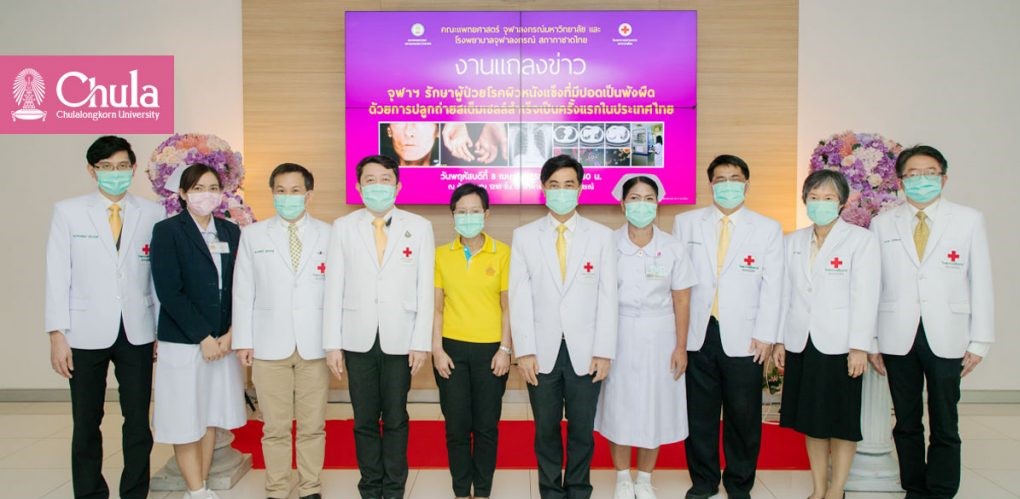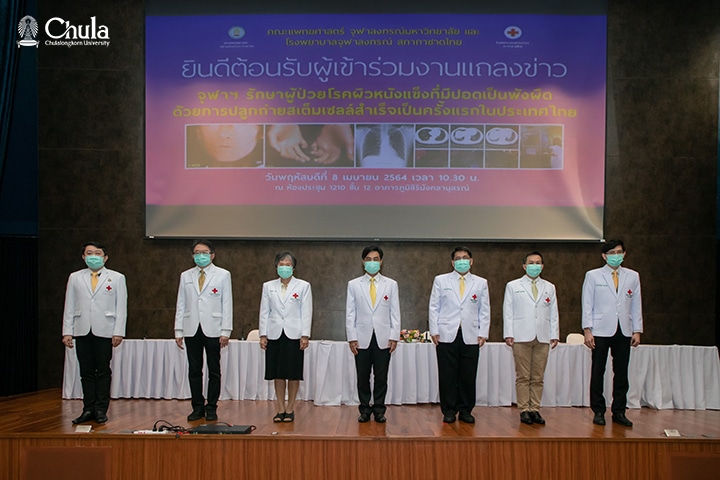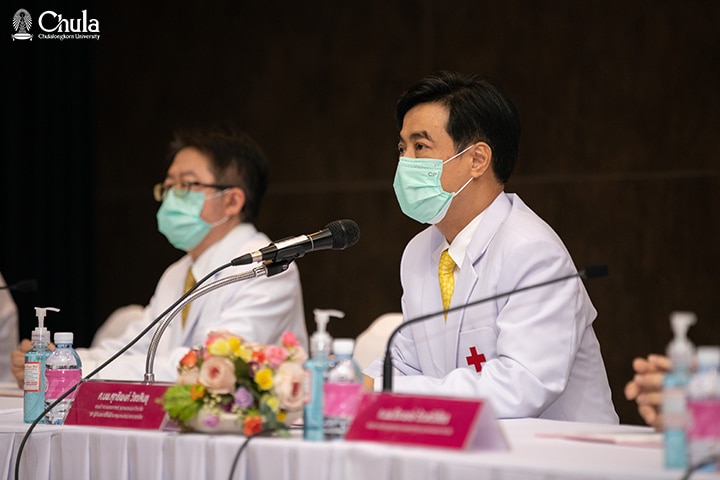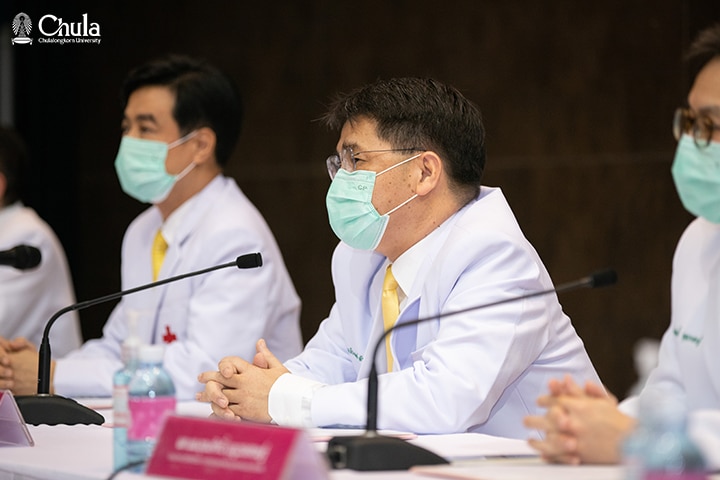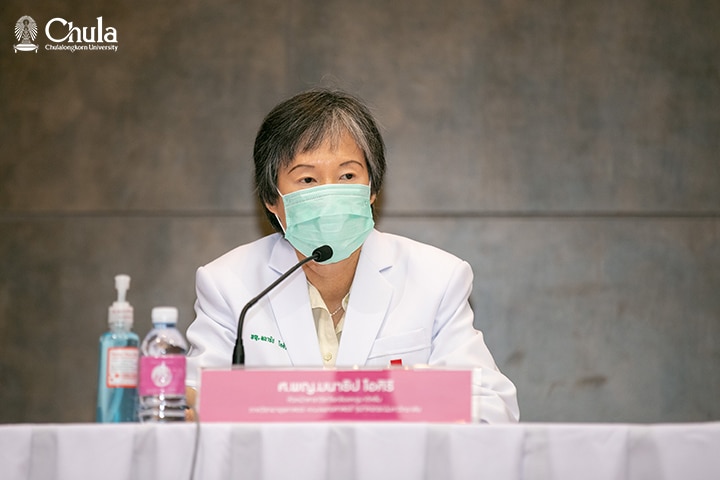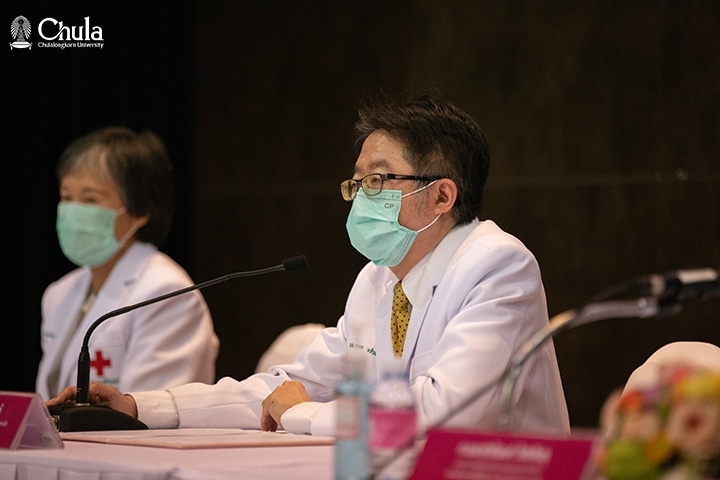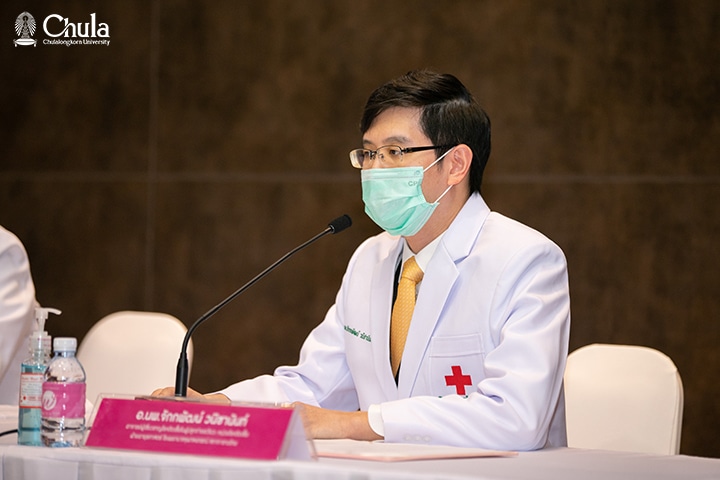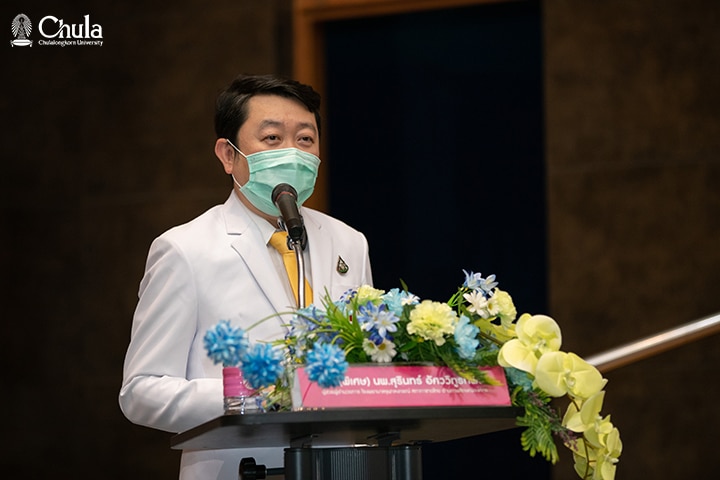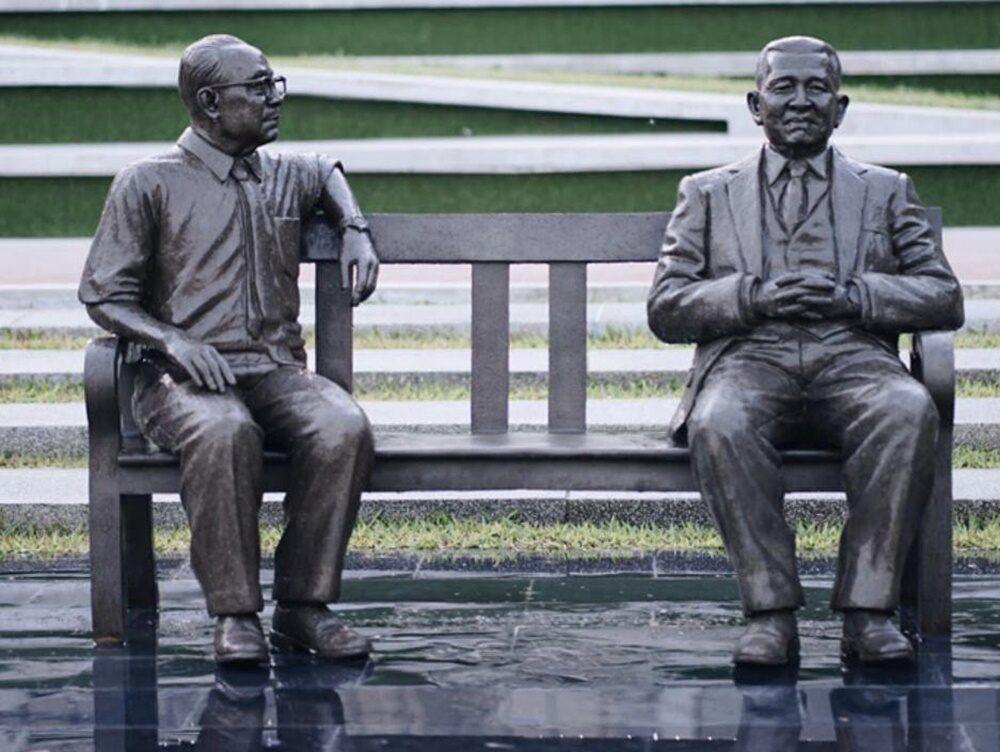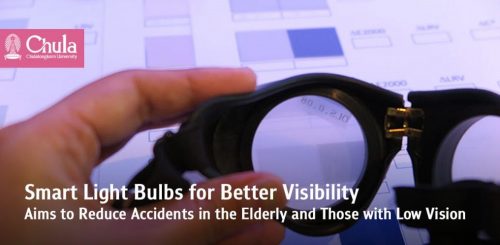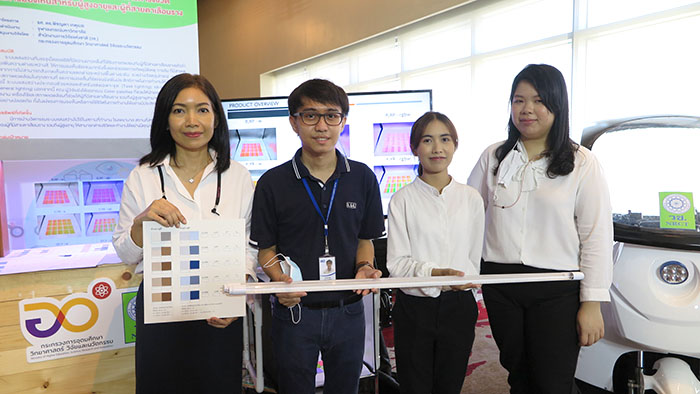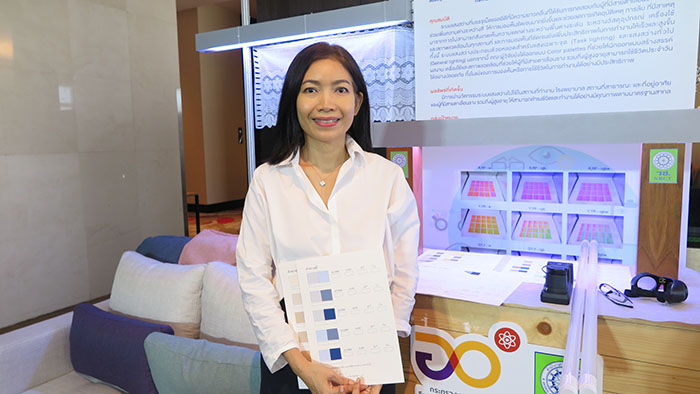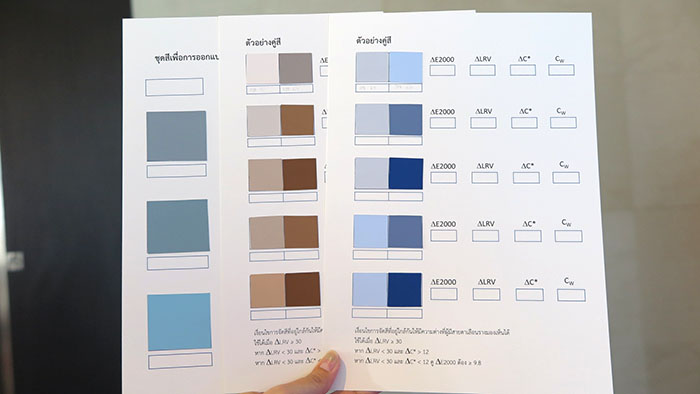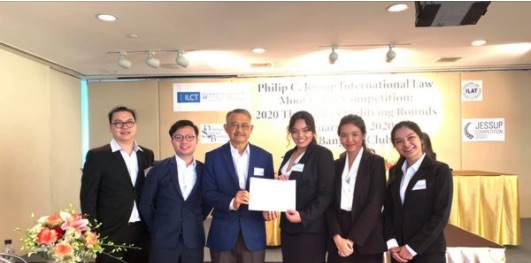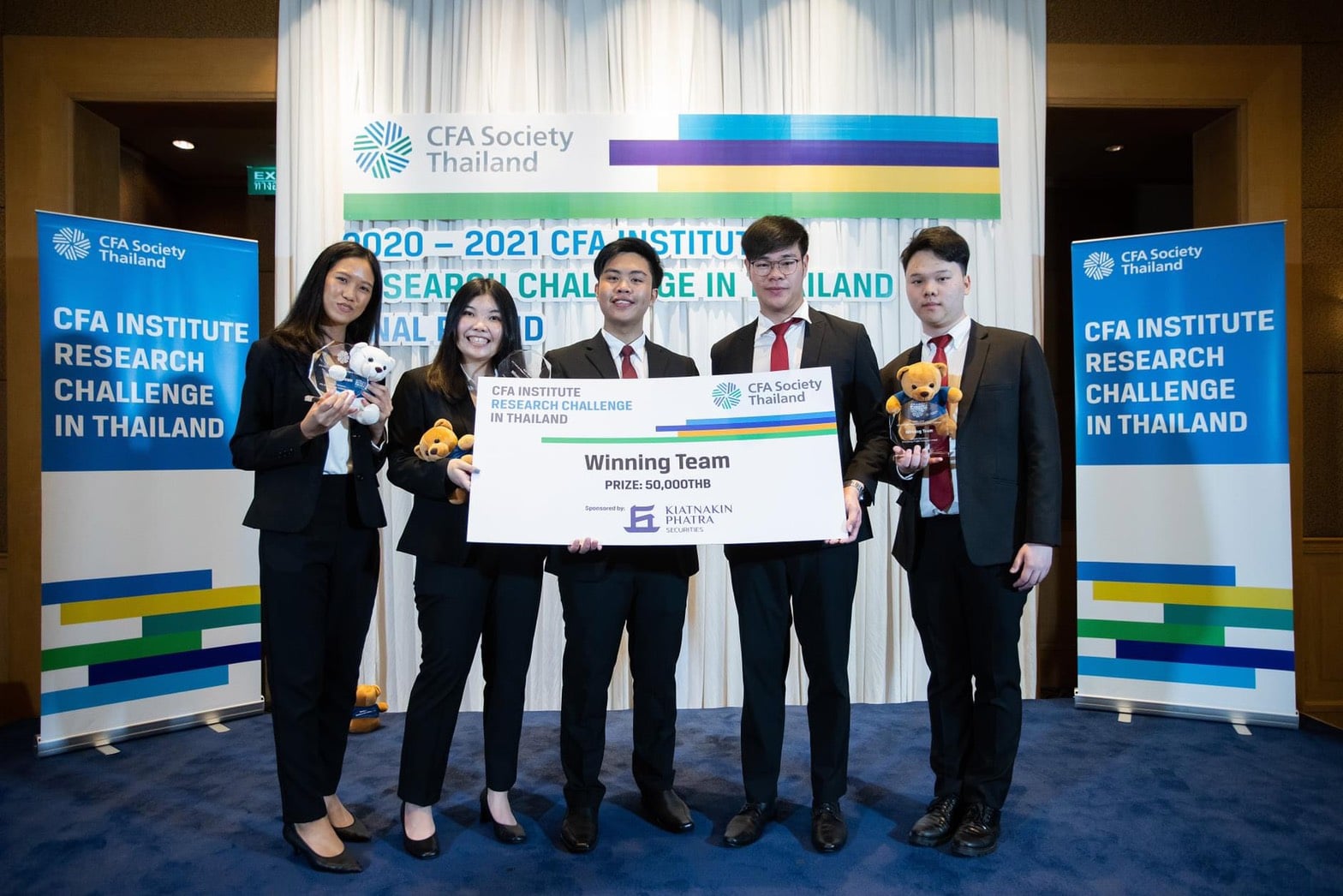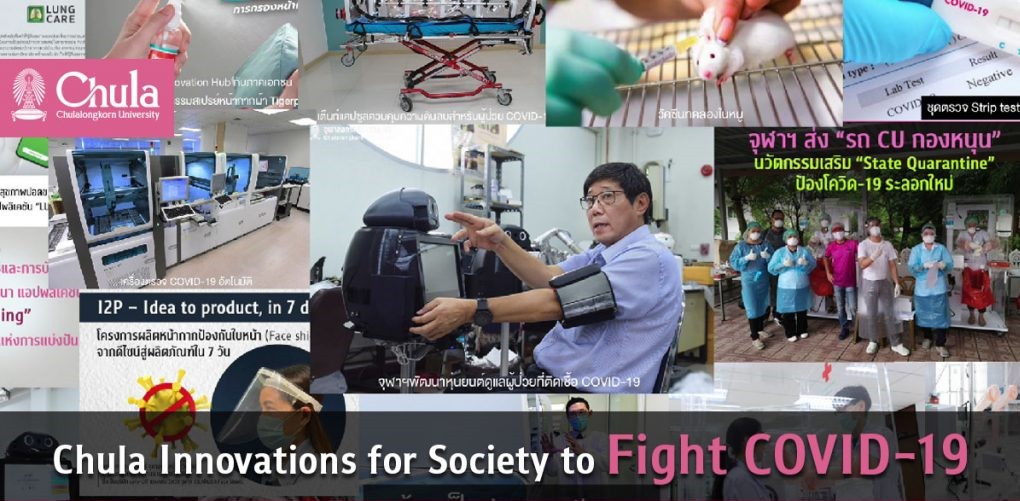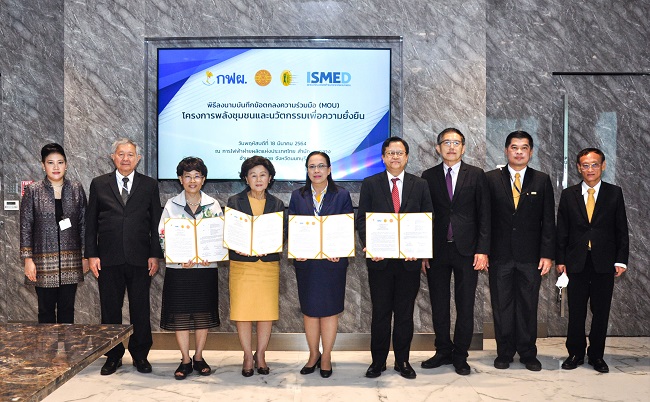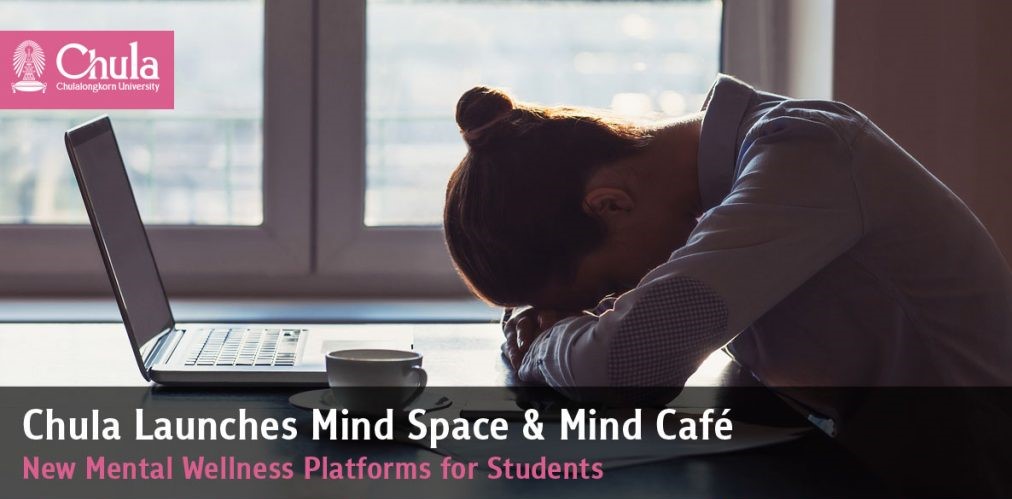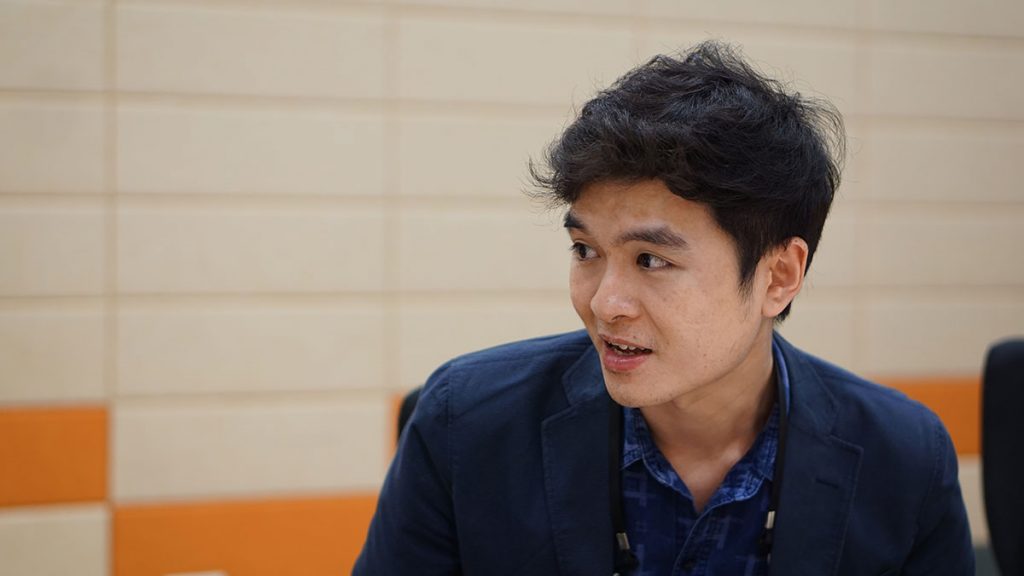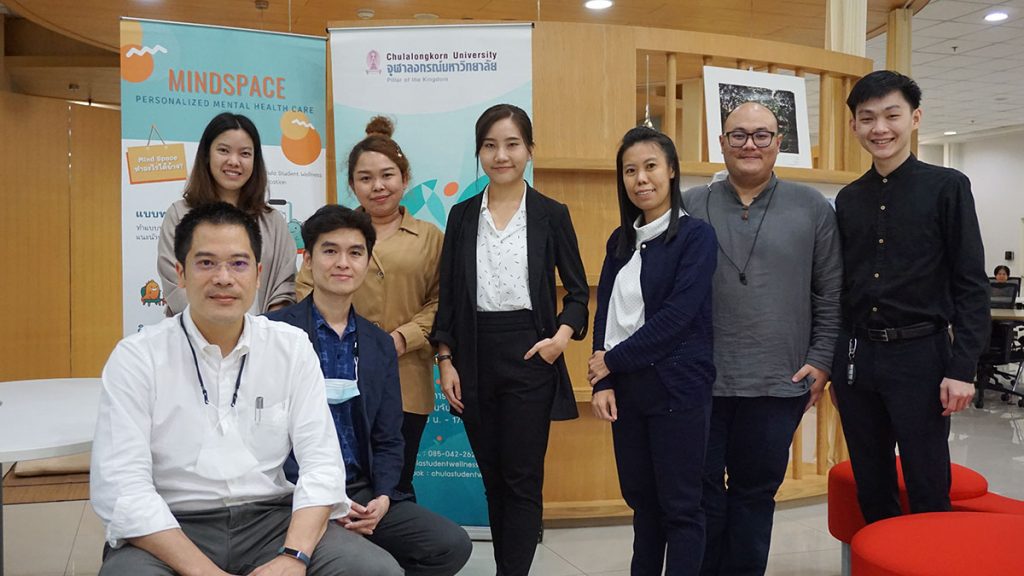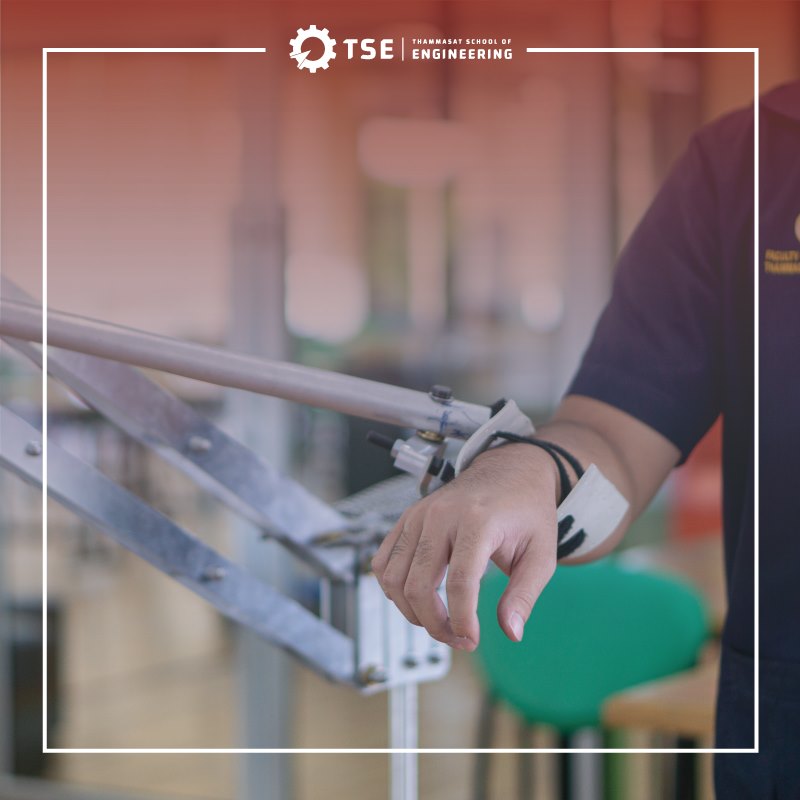Associate Professor Dr. Suppachai Srisuchat, Dean of the Faculty of Economics, Thammasat University, along with Associate Professor Chol Bunnag, Director of SDG Move, participated in the signing ceremony of the memorandum which outlines the understanding on the development of potential and promotion of knowledge on climate change held at True Digital Park.
It also marked the launching of the Gen C Climate Actions, a project in collaboration with the Thailand Greenhouse Gas Management Organization (Public Organization) or TGO and participating universities to the younger generation on the digital platform of their choice. The program aims to promote understanding and incorporating the knowledge gained into daily life as a way to battle climate change.
The Gen C Climate Actions project was initiated by TGO as part of the TGO – Climate Action Academy in collaboration with the Global Compact Network (GCNT), SDG Move, The Association of Siamese Architects under Royal Patronage, and four universities (Chulalongkorn University, Thammasat University, Burapha University, and Chiang Mai University).
The aim of the project is to educate the younger generation in order to prepare them for the combat of climate change through various fields of studies. This project will be implemented for three years (2021-2023).
In order to ensure the continuation and cooperation between all parties involved, the memorandum of understanding was signed between TGO and the four universities. The goal of this memorandum is focused on cooperation in the development of knowledge in climate change and promotion of the development of university personnel and student potential in interesting ways.
The enhancement of their capabilities in reducing greenhouse gas emissions and adjustments in response to climate change with appropriate practice. Success in reducing greenhouse gas emissions, including the organizing of e-learning workshops by the TGO Climate Action Academy for dissemination of climate change knowledge among the participating universities.
Towards the end of the event, the “C Generation Together Solving Global Warming” discussion was held with representatives from all four universities participating in exchanges about the roles and importance of the academic sector in raising awareness in society, especially the younger generation, such that they recognize the need to solve global warming.
Each university discussed teaching efforts and integration of environmental issues as part of the curriculum. They jointly agreed that environmental issues are important issues that have created a space for discussions and exchanges among all subject files in order to solve these problems.
From Thammasat University, Associate Professor Chol Bunnag participated in the exchanges and expressed the opinion that global warming is a major challenge to sustainable development goals (SDGs) and that raising the awareness of citizens is necessary but not only to promote initiatives and actions but to also echo the voice of society for policymakers to bring about efforts to solve global warming as part of policy agendas on every level and that these need to be implemented seriously.
As for future projects, activities will be organized to provide information about climate change in E-learning format on the platform of the TGO with participating universities, which includes active learning under the Gen C Climate Actions Program.



.jpg)
